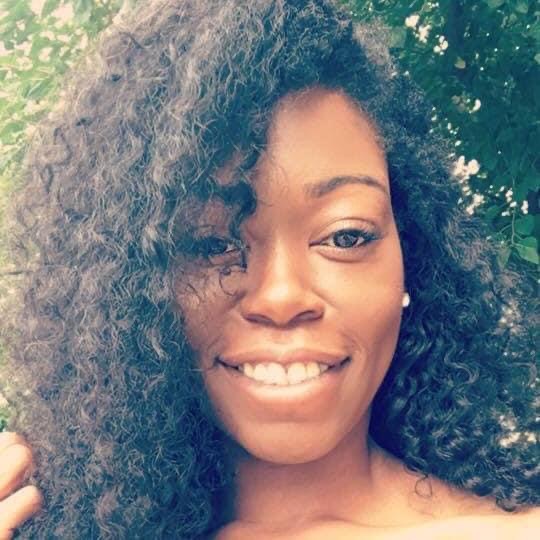

We recently had the chance to connect with Sheena Roberson and have shared our conversation below.
Sheena , we’re thrilled to have you with us today. Before we jump into your intro and the heart of the interview, let’s start with a bit of an ice breaker: What do you think others are secretly struggling with—but never say?
I think a lot of people are secretly struggling with the pressure to always appear okay. On the outside, they’re holding it together, but inside they’re questioning if they’re enough, if they have enough, if they’re doing enough. We live in a culture that rewards the highlight reel and hides the hard parts, the uncertainty, the lack, the moments where you’re just trying to keep going.
For Black women, and especially Black women entrepreneurs, that struggle is magnified. There’s this unspoken expectation to be invincible, to succeed not just for yourself but for the whole community, to never show cracks, to carry everything and everyone. That’s a heavy, lonely place to live in.
That’s why I make it a point to show up as my whole self, not just the polished version. Because admitting that you’re human, that you can win and wobble, rise and rest, isn’t weakness. It’s liberation. And I think more people need permission to embrace that truth.
Can you briefly introduce yourself and share what makes you or your brand unique?
I’m Sheena Roberson—an entrepreneur, advocate, and architect of access. My work has always lived at the intersection of business, equity, and culture.
I founded Cannabis Noire, which has grown into the East Coast’s largest cannabis membership network—now in 32 states and counting—offering education, community, and opportunity to thousands of Black and Brown entrepreneurs, professionals, and patients. Out of that platform came the HIGHER Conference, the very first national cannabis business and wellness conference created for women of color. I’m also proud to have organized Philadelphia’s first Cannabis Career Fair, through Cannabis Noire, connecting local communities to real jobs and pathways into an industry that wasn’t built with us in mind.
Alongside that, I founded DOPE, a nonprofit dedicated to developing opportunities and providing equity by reinvesting in communities most harmed by the war on drugs and systemic criminalization. For me, equity isn’t theory, it’s practice. That means shifting resources, repairing harm, and building real pathways into ownership and sustainability for the very people this industry has historically exploited.
Beyond cannabis, I also lead 24 West Property Management, where we focus on creating dignified housing, building ownership, and ensuring families and communities have stable foundations to grow from. Real estate for me is more than an investment, it’s about legacy, generational wealth, and reshaping who gets to control assets in our communities. And we’re now expanding into logistical transportation, building infrastructure that not only supports growth across industries but also opens new streams of economic access for Black-owned businesses here in Georgia.
Before stepping fully into entrepreneurship, I cut my teeth in corporate leadership. I served as Sales & Marketing Director on the Chick-fil-A corporate team in Georgia, and also as Director of Corporate Giving, where I led high-level strategy, built award-winning campaigns, and stewarded millions in community investment. That foundation taught me how to operate at scale, and today, I bring that same strategic rigor into cannabis, real estate, logistics, and nonprofit work.
At the end of the day, everything I do whether it’s through Cannabis Noire, DOPE, 24 West, logistics, or community programs, comes back to the same mission: building access, creating ownership, and proving that when Black women are resourced and centered, we don’t just enter industries we transform them.
Appreciate your sharing that. Let’s talk about your life, growing up and some of topics and learnings around that. Who saw you clearly before you could see yourself?
My nana saw me clearly before I could see myself. She carried this unshakable faith in my potential and my strength, even in seasons when I couldn’t see it in me. Her belief gave me the courage to dream bigger than my circumstances and to step into my purpose, even before I knew exactly what that purpose was.
She was my quiet, steady guide—always ready with words of wisdom. One of her favorites was, “necessity breeds invention, sugabear.” For a long time, it just felt like a sweet saying. But as I grew into adulthood, I began to understand the depth of what she meant: that resilience, creativity, and resourcefulness often come out of the hardest places. That lesson has shaped how I move in business and in life, turning barriers into blueprints, and challenges into opportunities to build something new.
Was there ever a time you almost gave up?
There was a moment when I nearly gave up, deep in the grind of building HIGHER, the first and only national cannabis conference for women of color. The obstacles felt crushing: scarce resources, relentless skepticism, and the unbearable weight of carrying not just my dreams but the hopes of an entire community. It was lonely, exhausting, and at times, I questioned if I could keep going.
But HIGHER was never just my vision. It was a lifeline for Black women entrepreneurs who had nowhere else to turn, no platform that truly saw them, supported them, or celebrated their brilliance. That responsibility lit a fire inside me, pushing me through the darkest moments of doubt and fatigue.
What kept me going was knowing that I was building something historic, a space where healing, leadership, and equity come together. Every time exhaustion whispered “stop,” I thought about why I started and who was standing with me. Incredible women-led and owned brands like Black Buddha and Trulieve, Gotham Buds, Ascend Wellness, Sacred House, Kinks and Konversation, The Blunt Accountant, Genesis Infused, and countless others stepped up in ways that transcended business, they brought heart, strength, and unwavering belief.
I realized this wasn’t just my fight, it was a collective movement, a shared dream to create a home for Black women entrepreneurs to thrive. And that purpose saved me. It still saves me.
Alright, so if you are open to it, let’s explore some philosophical questions that touch on your values and worldview. What are the biggest lies your industry tells itself?
One of the biggest lies the cannabis industry tells itself is that progress is happening and that it’s happening for everyone. The reality is that the communities most devastated by prohibition, especially Black and Brown entrepreneurs, are still locked out. What often gets celebrated as “equity” are surface-level wins, press releases, token appointments, or a handful of licenses—while the structural barriers of capital, policy, and access remain untouched.
Another myth is that building a cannabis brand is just about cool packaging, influencer partnerships, or the latest trend. That’s not brand-building, that’s noise. Real, lasting brands are built on cultural understanding and genuine community investment. If you’re not rooted in authenticity, you won’t resonate, and consumers will see right through it.
And maybe the most dangerous lie is the idea that equity is optional, that it’s some side initiative instead of the foundation of the industry. Equity isn’t charity, it’s not a checkbox, it’s the blueprint for sustainability and legitimacy. If we don’t dismantle biased licensing processes, remove the capital barriers, and make space for those historically criminalized by the plant, then we’re not building an industry, we’re just repackaging the same systems of exclusion under a greener label.
Until cannabis gets honest about that, it will never reach its true potential not just as an economic powerhouse, but as a vehicle for justice, healing, and repair.
Okay, so before we go, let’s tackle one more area. What do you understand deeply that most people don’t?
What I understand deeply is that collaboration isn’t always pretty, and it’s not supposed to be. Too often, we think working together means harmony, smiling faces, and unanimous agreement. But real collaboration is work. It’s messy, it’s layered, and it requires us to confront differences rather than run from them.
One of the biggest mistakes we make, especially in mission-driven spaces, is self-segregating into silos. We only work with people who look like us, think like us, or operate the way we do. And while that feels safe, it actually limits our impact. True collaboration is about valuing the diversity of skills, perspectives, and personalities in the room, even when they clash.
You don’t have to fit into a single mold to be part of a movement. In fact, it’s the friction, the push and pull of different experiences, that often produces the most resilient, creative, and groundbreaking outcomes. When we learn to honor those authentic contributions, instead of trying to polish over them, we build partnerships that are not only stronger but capable of moving all of us forward.
Contact Info:
- Website: https://Www.cannabisnoire.com
- Instagram: Cannabis_noire
- Linkedin: https://www.linkedin.com/in/sheena-roberson-64067486?utm_source=share&utm_campaign=share_via&utm_content=profile&utm_medium=ios_app
- Facebook: Sheena Roberson
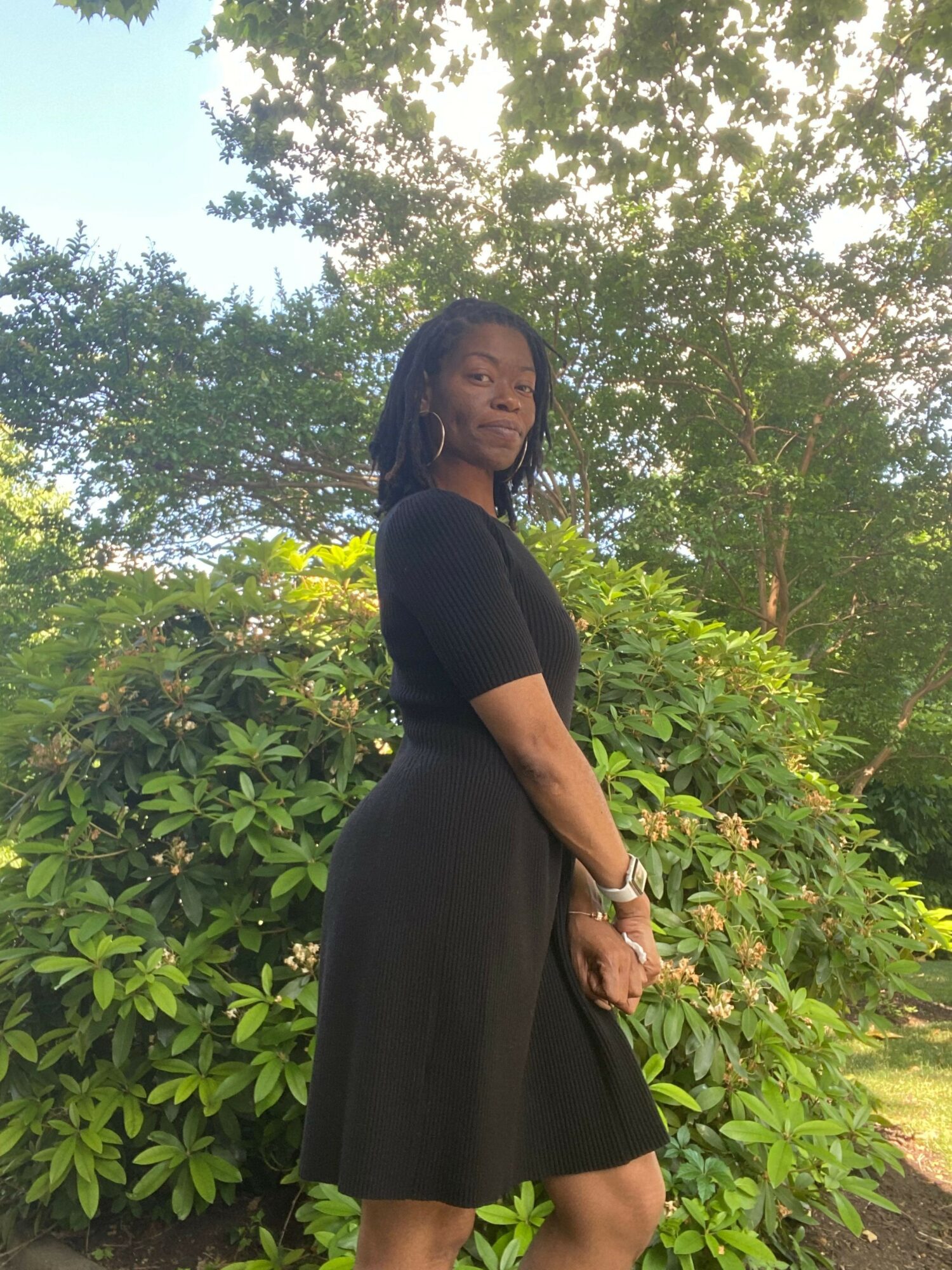
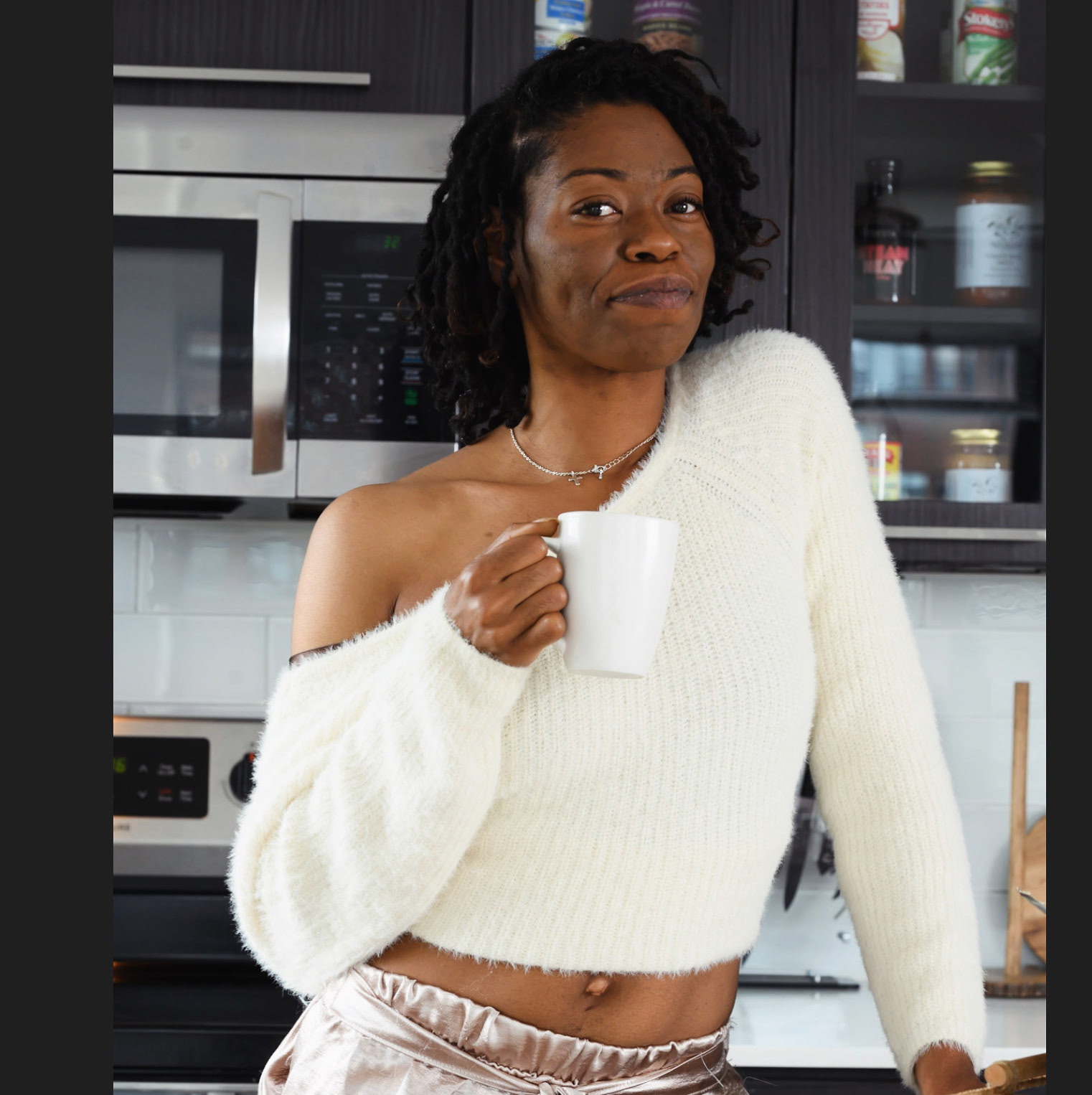
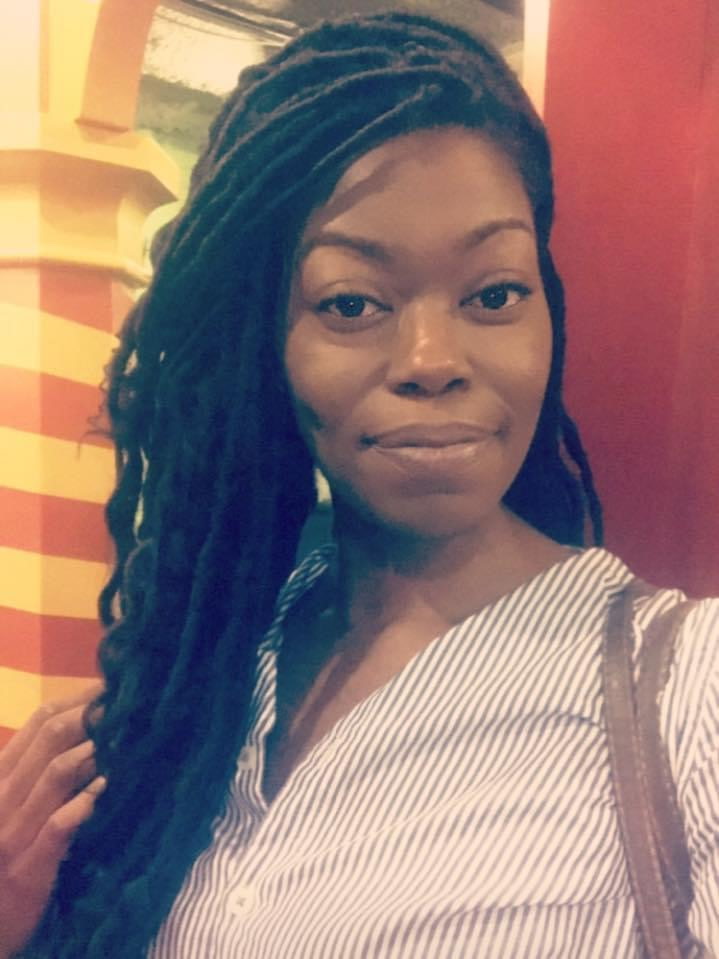
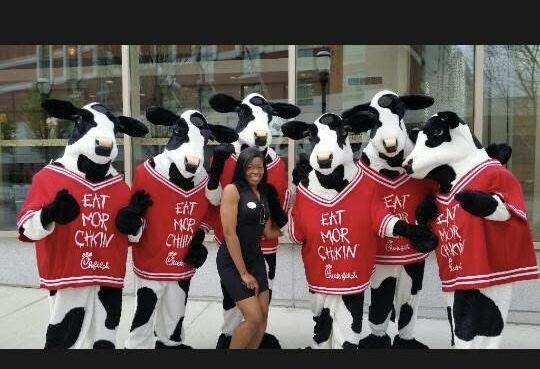
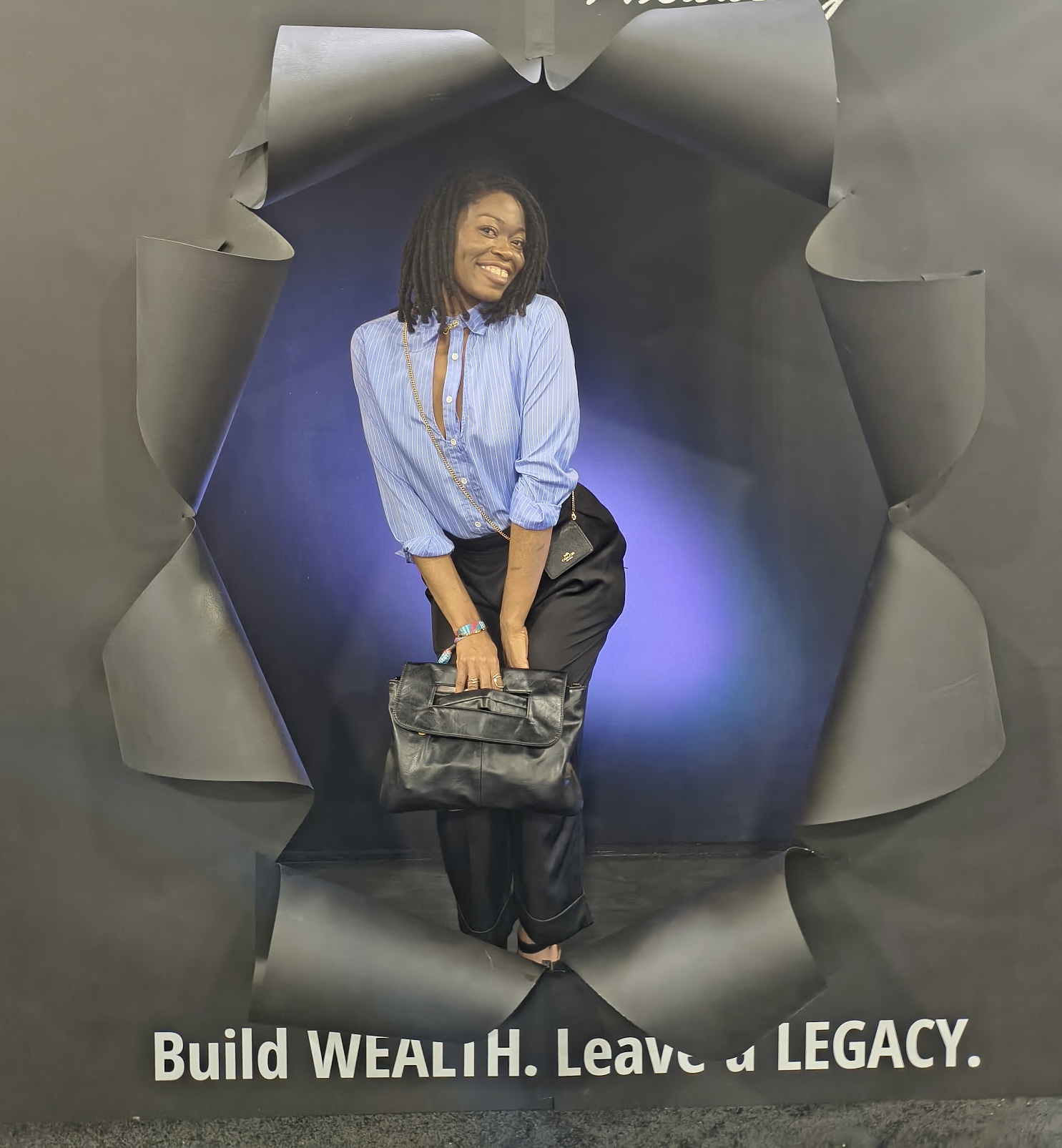
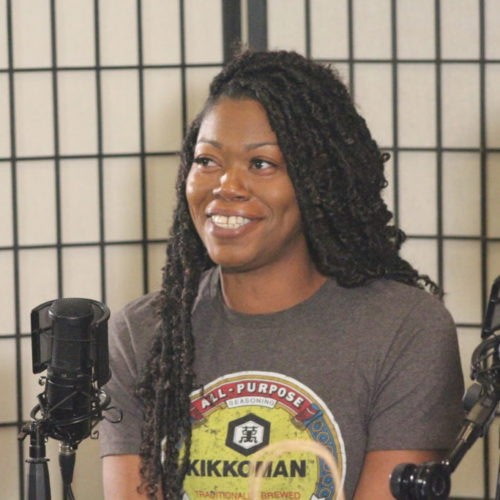
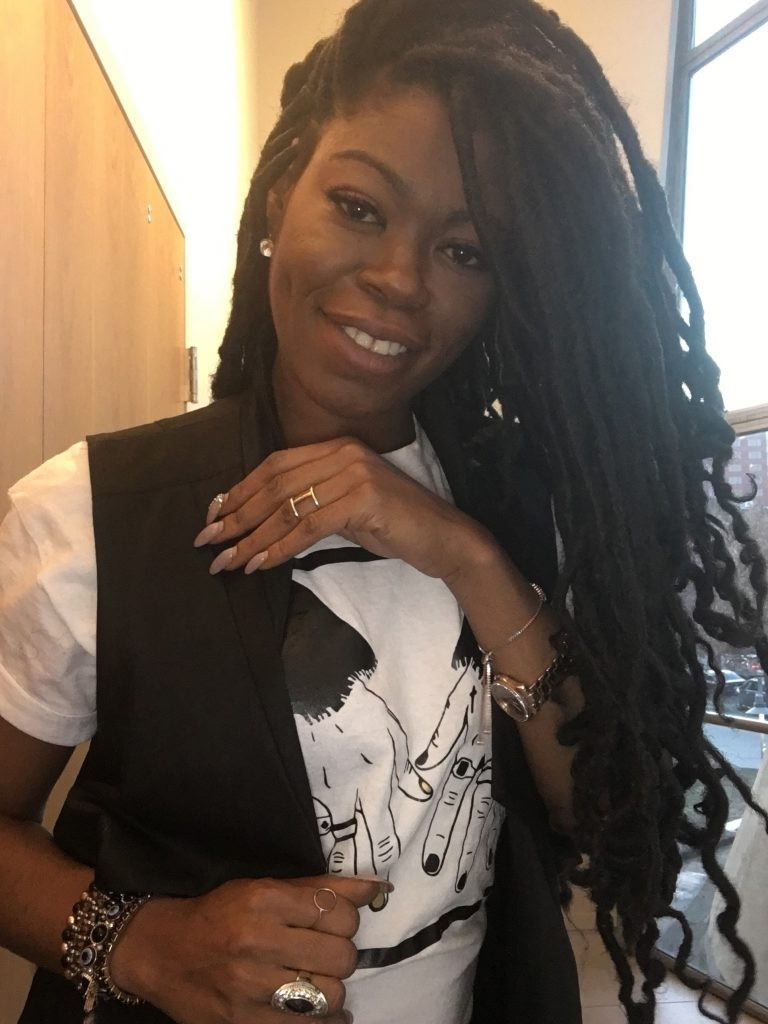
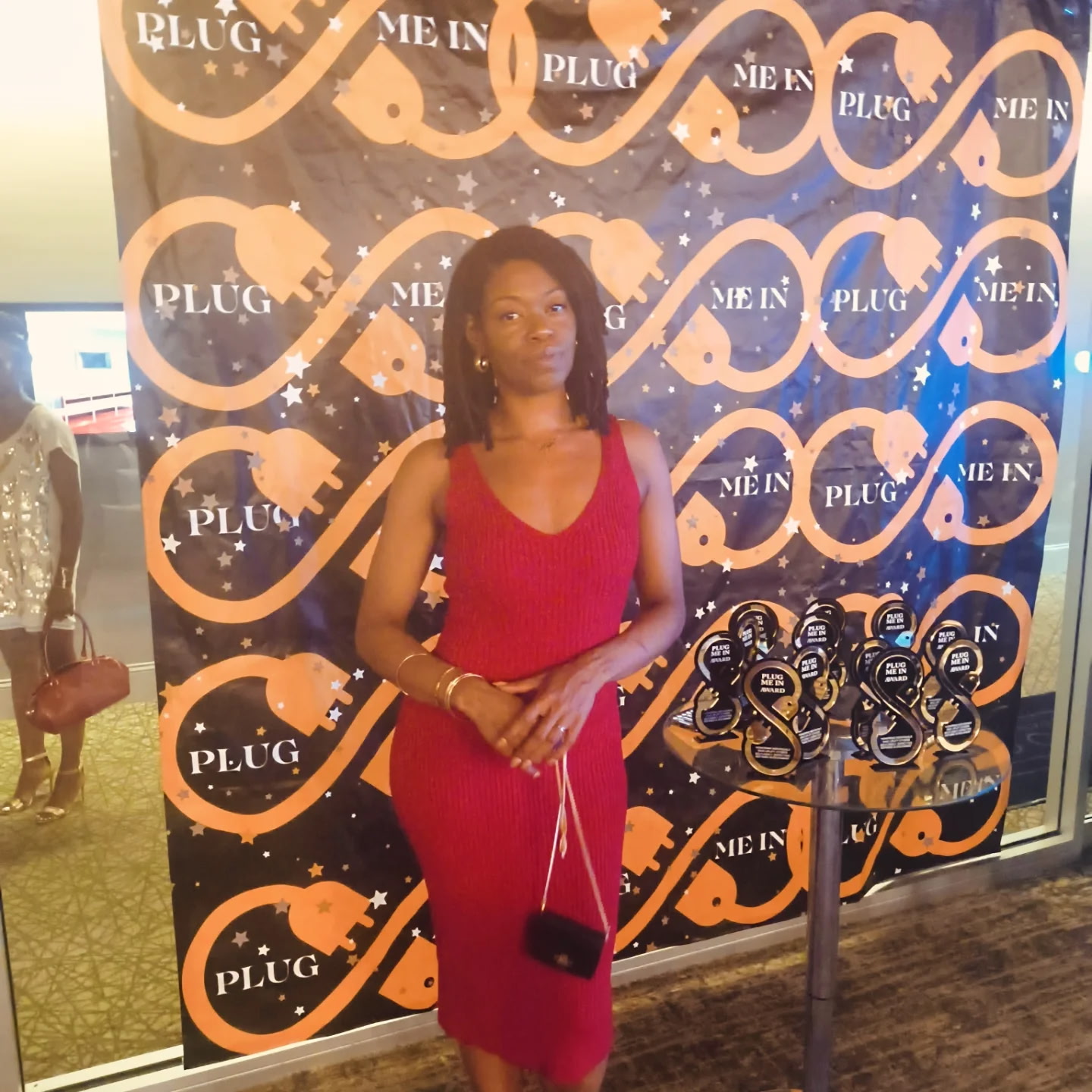
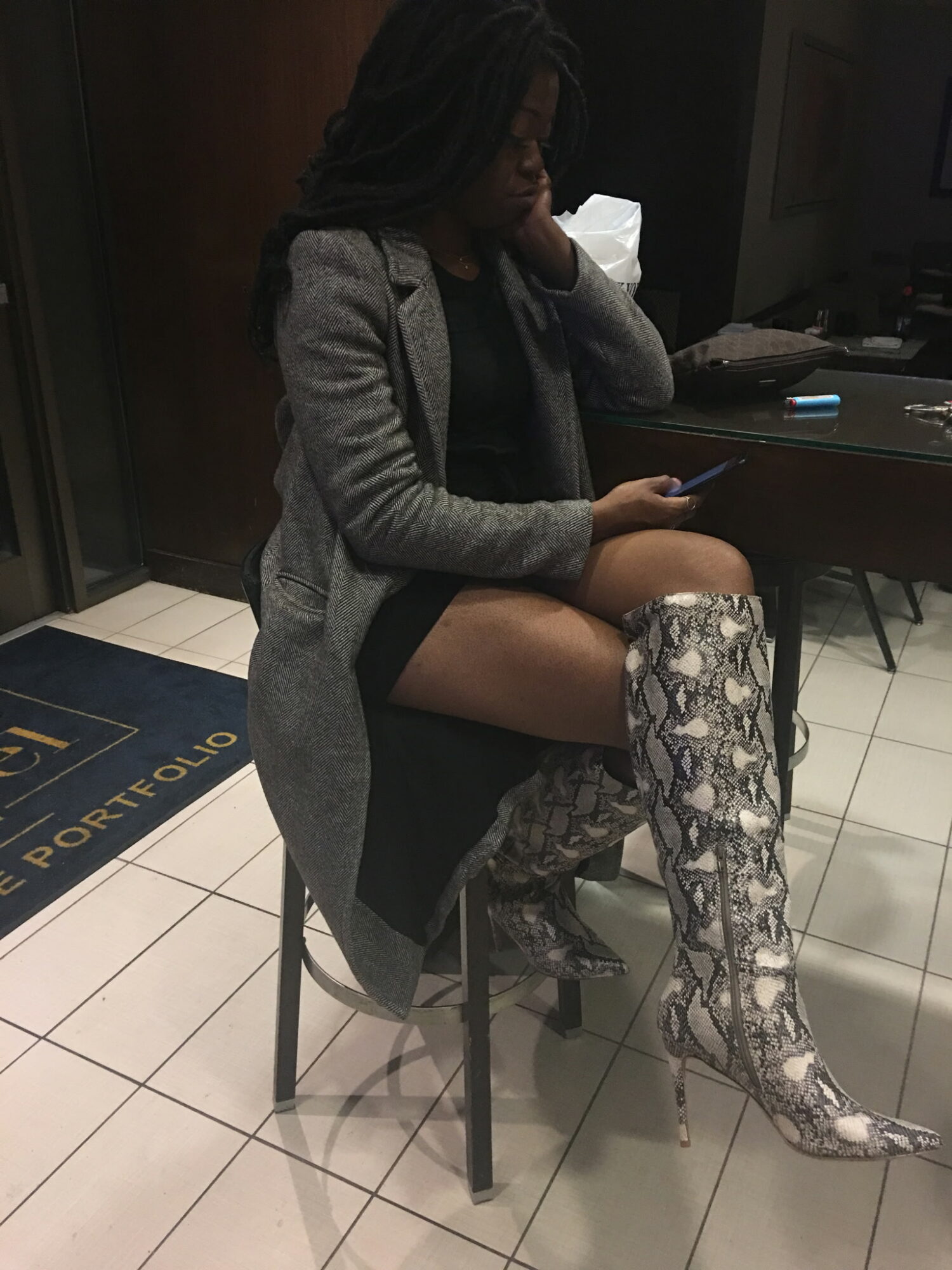
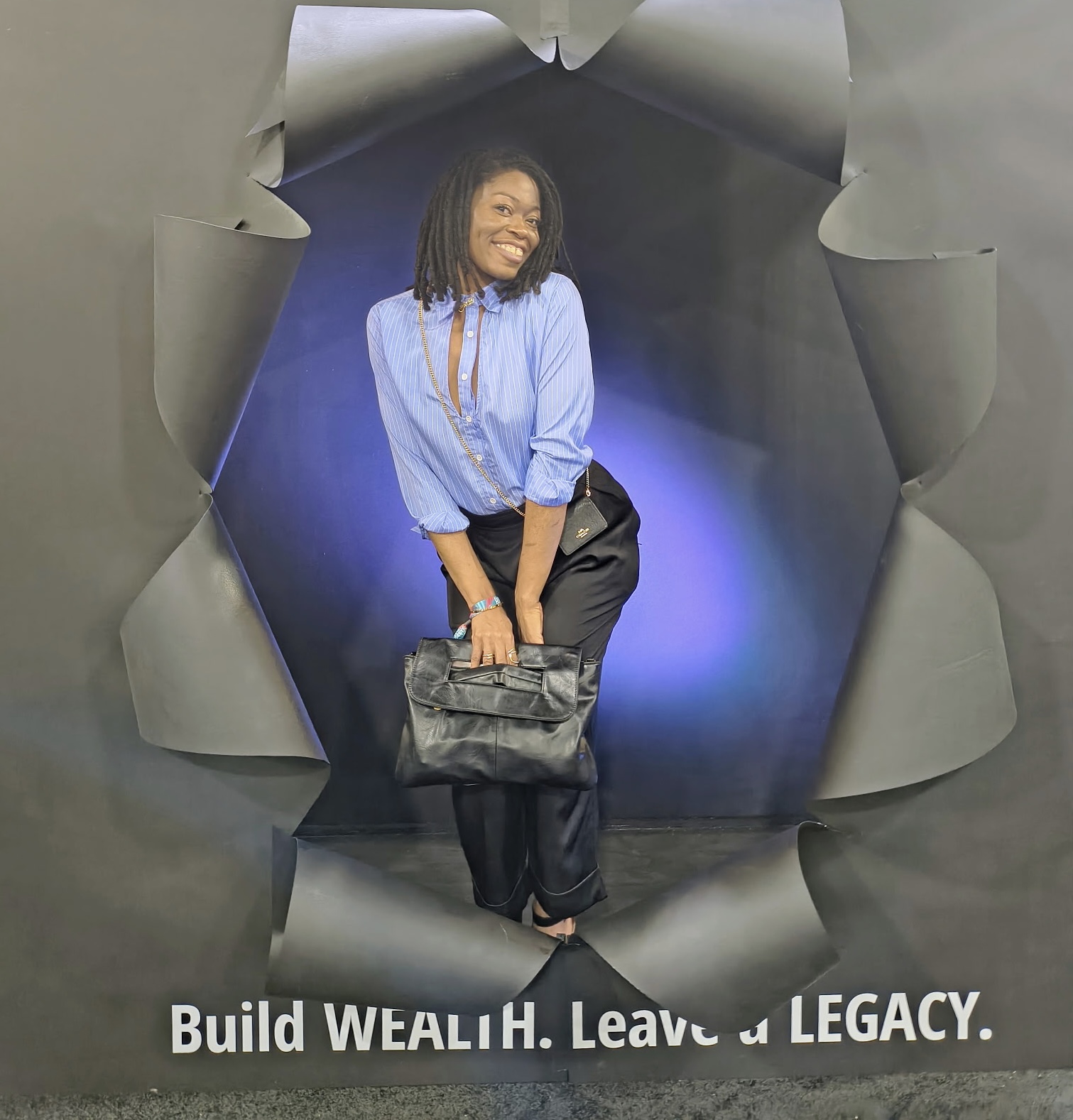
Image Credits
None













